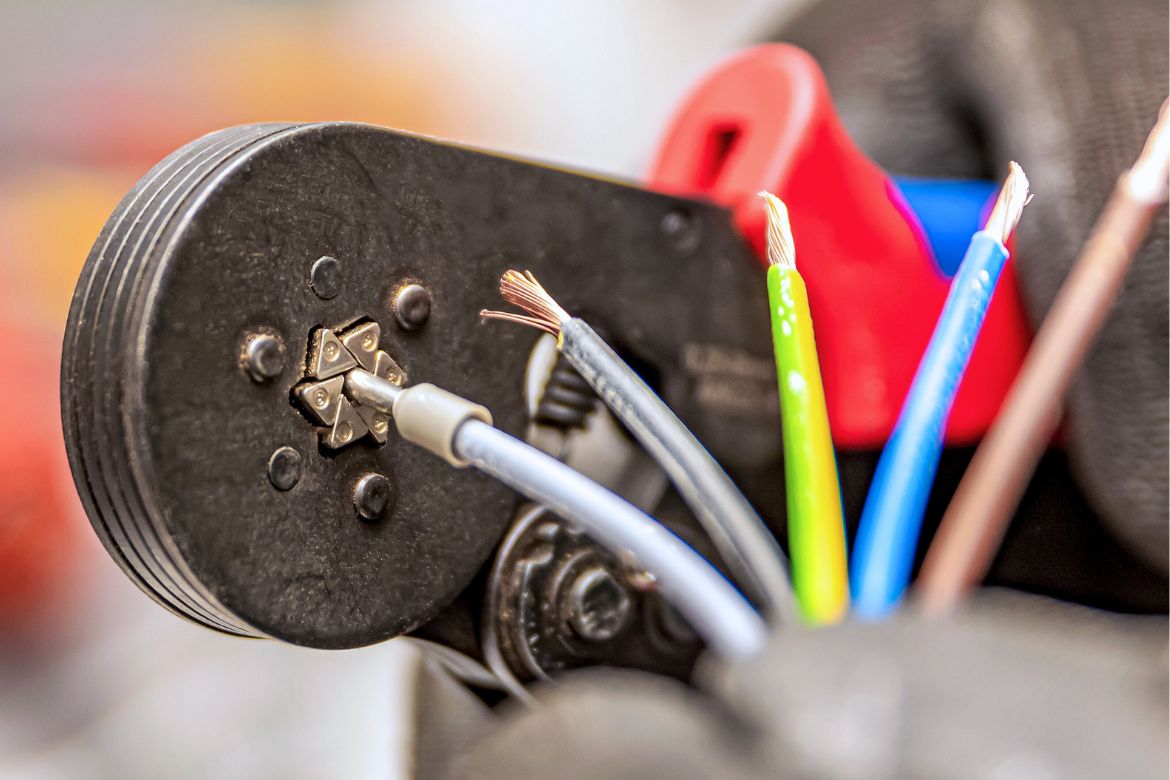Is Crimping Wires Better Than Soldering?
In electronics and electrical connections, there has always been a debate on the preferred method of joining two wires. Although different professionals may have distinct preferences, we’ll present which is better: crimping wires or soldering. Keep reading this comparison guide to learn more!
Why Crimping Surpasses Soldering for Wires
In most cases, crimping is the superior method of conjoining wires. The cost-efficiency, straightforwardness, and mechanical strength are all compelling reasons to choose crimping over soldering. We’ll explain why below.
Cost-Efficiency
Crimp connections are considerably cheaper than their soldered counterparts when it comes to joining wires. Crimping tools and connectors are often less expensive than soldering equipment, which tends to require soldering irons, solder, and additional consumables. Crimping, however, only requires a few simple tools and can even be done with a pair of ordinary pliers. Additionally, crimping connections can be done more rapidly, reducing labor costs.
Ease of Application
Crimping is a straightforward process that doesn’t demand the same expertise as soldering. While soldering involves heating the soldering iron, melting the solder wire, and regulating the temperature during the bonding process, the technique for proper wire crimping is much more straightforward. This gives most individuals a shorter learning curve, making it an easier option to adopt on the job.
Greater Mechanical Strength
Crimp connections typically possess stronger mechanical properties in comparison to soldered connections. Since crimping employs consistent mechanical pressure to form a bond between the connector and the wire, this ensures a connection that can withstand tension and resist forces better than soldered wires. Properly executed crimp connections will stay intact even when subjected to stress and vibration, increasing durability.
Superior Environmental Resistance
Another vital advantage of crimp connections over soldering is their resistance to environmental factors. Soldered wires are often susceptible to temperature fluctuations, resulting in weak or broken connections. Crimp connections, on the other hand, maintain their integrity in various temperature conditions. Additionally, they resist corrosive elements, ensuring a longer life for the connection.
Conclusion
When you consider these factors, it becomes evident that crimping is better than soldering in many ways, including cost-effectiveness, ease of application, mechanical strength, and environmental resistance. Both methods have pros and cons, but in most cases, the best method will be crimping rather than soldering to save time and money and still get a solid and useful wire connection. Ultimately, it is essential to consider the specific application and requirements of the project before deciding on a particular joining method.

